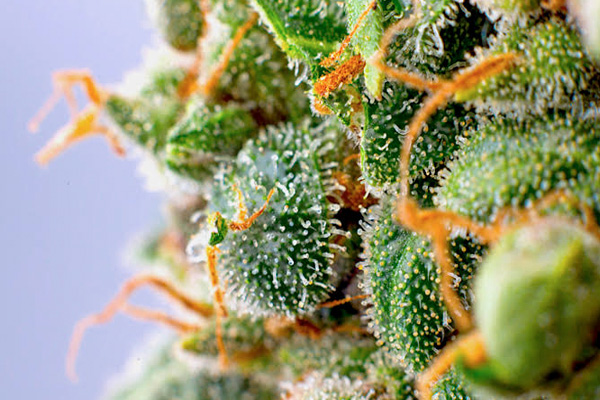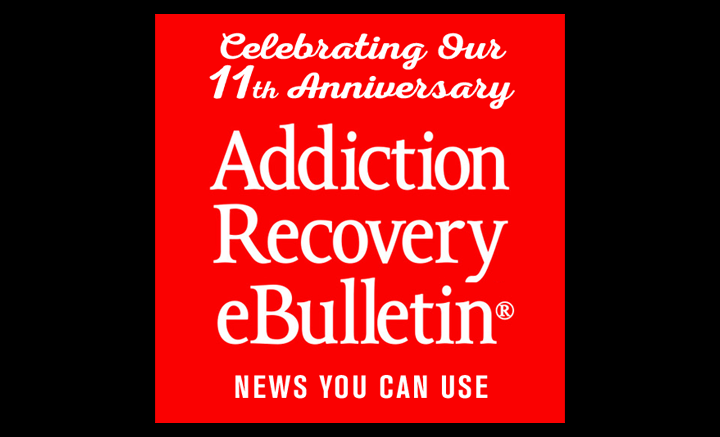YOU CAN’T INHALE A PLACEBO –
Nov. 29, 2022 – This corroborates the results of a 2021 meta-analysis. In fact, this 2021 meta-analysis also found that higher-quality studies with better blinding procedures (where both participants and researchers are unaware of who is receiving the active substance) actually had higher placebo responses.
This suggests that some placebo-controlled cannabis trials fail to ensure correct blinding, which may have led to an overestimation of the effectiveness of medical cannabis.
Our study also revealed many participants can distinguish between a placebo and active cannabis, despite having the same odor, taste and appearance. If they are aware that they are receiving or not receiving cannabinoids, they are more likely to provide a biased assessment of the effectiveness of the intervention. So to ensure researchers are observing the actual effect of cannabis, participants can’t know what they receive.



